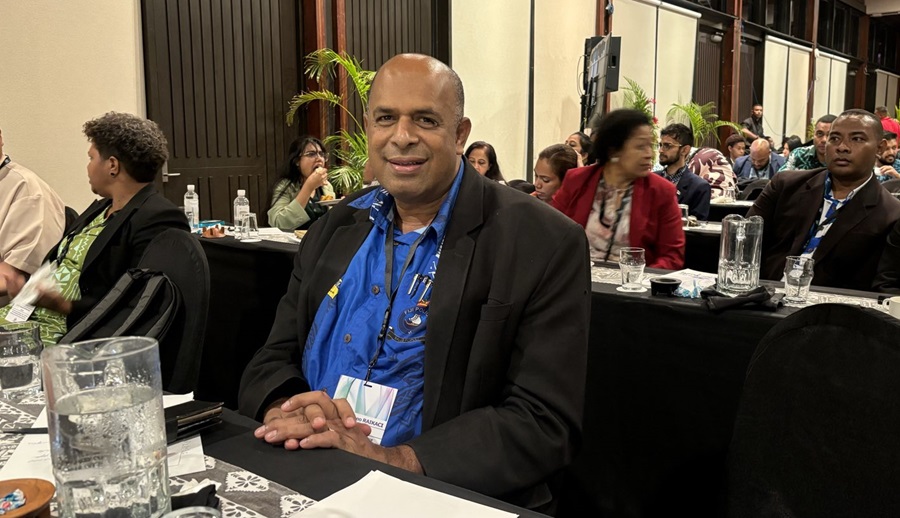Fiji is reviewing a new Counter Narcotics Bill aimed at addressing the country’s growing drug problem, with proposals for stricter penalties, including the possibility of the death penalty.
While some officials see it as a necessary deterrent, legal and human rights experts highlight constitutional and ethical concerns surrounding such measures.
Speaking at the 2024 ODPP Annual Conference at the Shangri La, ACP Sakeo Raikaci called for stricter measures to send a clear warning to those involved in the drug trade.
ACP Raikaci highlighted the adverse impact of drugs on Fijian communities.
“We have to scale the impact of drugs to the communities, to the human beings itself. So when people are taking drugs and [getting addicted], and drugs kill, why can’t we impose a penalty that equals the effect of drugs?”
Raikaci urged lawmakers to include the toughest possible measures in the new bill, adding: “For me, if there’s something I want to see in the new bill, [it’s] a harsh penalty so that people can learn.”
Raikaci also highlighted challenges in enforcing drug laws, such as outdated forensic tools that cannot identify newer substances. He called for the bill to ensure all globally classified illegal drugs are included to strengthen enforcement.
The inclusion of the death penalty in Fiji’s fight against drugs has been widely discussed. While Raikaci believes such penalties could deter offenders, others have raised serious concerns.
Acting Chief Justice Salesi Temo clarified the legal hurdles: “The bill doesn’t contain any suggestion of the death penalty. And I don’t think the death penalty is possible with the 2013 Constitution in place.”
The Constitution guarantees the right to life, making it nearly impossible to reintroduce capital punishment without a major constitutional amendment.
“If it [the death penalty] has to be really brought in, first, you’ve got to amend the Constitution. And I think that will be a big hoo-ha between politicians and the members of the public.”
Human rights groups have also voiced opposition to the death penalty. Stephanie Dunn, Legal Officer with the Fiji Women’s Crisis Center questioned whether the focus on harsher penalties might violate fundamental rights.
“The right to life is still considered a right that you cannot give up. It’s an absolute right, and that is enshrined under the Constitution.”
Dunn pointed to international examples, arguing that extreme penalties often fail to prevent drug-related crimes and may lead to abuses.
In the meantime, Fiji’s judiciary has already moved to address inconsistencies in drug-related sentencing. The Supreme Court’s decision in the Kaitani case (October 2024) introduced new guidelines for cannabis offenses, focusing on the weight of the drug rather than the number of plants.
The revised guidelines aim to ensure fairer sentencing with offenses involving up to 1 kg of cannabis may result in community service or fines while larger amounts, such as over 150 kg, could lead to life imprisonment.
The goal is to target major traffickers while offering leniency for minor offenders, reflecting the effort and scale of cultivation.
Meanwhile, the Counter Narcotics Bill is still in its early stages. Public consultations on the first draft are expected within six months. Jemesa Lave, a representative from the Ministry of Home Affairs, encouraged public participation:
“The purpose of the zero draft is to generate discussions. Once we do public consultations, that’s where you’ll find most of the questions being answered.”
While the death penalty remains undecided, the focus remains on balancing tough penalties with constitutional protections and fair enforcement.
As Justice Temo pointed out: “The criminal law must be law-abiding. The police and prosecution must prove their case beyond a reasonable doubt… We must balance the interests of the state and the accused.”
Related Articles:









